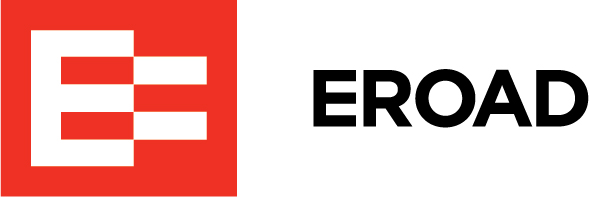For carriers transporting refrigerated food and beverages, losing a load can be devastating. It’s extremely expensive and can be very damaging to a company’s reputation.
Lost loads often result from a load dropping below its required temperature; it becomes contaminated, food spoils and FSMA regulations are breached. The load is rejected by the customer, and the dreaded costs start to pile in.
These costs can come in multiple forms:
- The carrier must compensate the shipper for the lost load. This either comes directly out of the carrier’s pocket or from their insurance provider.
- If it comes from an insurance provider, the carrier will have to pay increased insurance premiums for the years to come, again raising costs.
- The rejected load also needs to be disposed of in an environmentally acceptable way, subject to regulations, and the expense comes out of the carrier’s bottom line.
These expenses quickly add up, and they are compounded by damage to the carrier’s reputation, which can limit business opportunities in the future. Avoiding lost loads, then, is a huge priority for carriers. Therefore, it is important to understand how lost loads happen and what technology tools can help minimize them.
Faulty Equipment
It’s every carrier’s worst nightmare: A reefer unit completely shuts down. Often, there won’t be much that can be done in time to save the cargo. Having high-quality reefer units, telematics and a streamlined maintenance program is crucial here.
Carriers that are travelling between states, on long journeys or operating within more extreme climates should be aware of temperature changes that their fleets may experience and how they will affect the performance of their reefer telematics.
CoreHub Xtreme – EROAD’s next-generation cold chain assurance solution – is purpose-built to keep performing in temperatures ranging from -40 to 158 degrees Fahrenheit. CoreHub Xtreme is rugged and reliable, delivering the data carriers need to prove that loads are in compliance with food safety regulations.
CoreHub Xtreme also delivers real-time alerts for engine and reefer unit fault codes, along with additional alerts from a network of connected sensors, allowing drivers and carriers to act before it’s too late.
Poor Temperature Control and Monitoring
Loading cargo into a trailer at the wrong temperature is a common starting point for loads that are ultimately lost. When food is temporarily stored on an uncooled loading dock, its core temperature can rise. When it finally gets loaded into a refrigerated trailer for delivery, drivers may be unaware that their load is at the wrong temperature.
Advanced reefer temperature monitoring systems like CoreHub Xtreme can quickly detect when there is a temperature issue and send alerts to both the home office and the driver so the problem can be resolved in time.
Lack of Insight into Reefer Utilization and Maintenance
Reefer units can generate hundreds of fault codes that may be difficult for a driver to understand or know what each means. This can be a real problem, especially in the worst case of a reefer unit shutdown. CoreHub Xtreme simplifies this by sending custom, prioritized alerts via SMS or email so that you know when action is needed, helping you to stay compliant and reduce lost loads.
When one EROAD customer first implemented our solution, we noticed that for 58% of the calls drivers made about reefer breakdowns CoreHub Xtreme had sent red alerts prior to the breakdown. Now, this customer is using CoreHub Xtreme’s tiered alert system and analytics to identify and resolve issues before they become critical, saving time and money and reducing the risk of rejected loads.

